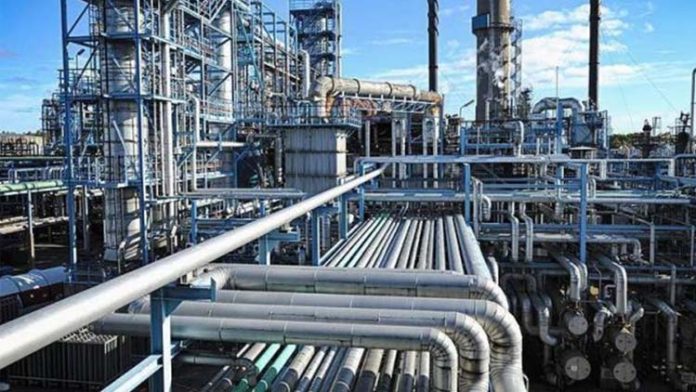AMID the debilitating pains on the people and the economy inflicted by high petrol prices, a call to sell the state-owned refineries outright by Taiwo Oyedele, the Chairman of the Presidential Fiscal Policy and Tax Reforms, is a rare voice of purpose from a government in the grip of inertia. President Bola Tinubu had exacerbated Nigeria’s decades-old energy sector crisis when he abruptly stopped the petrol subsidy and initiated a devaluation of the naira on assumption of office. This triggered unprecedented inflation and sent the economy into a tailspin and millions more into poverty. Selling the refineries outright immediately to promote domestic refining is the only route to sustainably solving the refined petroleum products crisis. Tinubu should quickly and decisively drive the process.
For decades, this newspaper has argued that the permanent and cost-effective solution to the Nigeria’s downstream petroleum sector – ending import dependence, crippling state subsidies, shortages, and massive fraud – is achieving private sector-led national self-sufficiency in refining.
Oyedele’s take that it is better for the government to sell the refineries outright is on target. Its benefits to the economy are incalculable.
Tinubu, a former oil sector executive, baffles observers by tolerating the Nigerian National Petroleum Company Limited’s expensive rigmarole. Presently, it is engaged yet another “turnaround maintenance,” for which it said it had borrowed $1.5 billion. This charade has gone on for too long. Nigeria is a major crude oil producer yet spends billions of dollars each year importing refined products, billions more on subsidies, bridging costs, and running four idle loss-making refineries, 5,001 kilometres of pipelines, and 21 depots across the country.
For decades, instead of successive governments to pursue privatisation of the refineries, pipelines, and depots with single-minded determination to refine locally, they have focussed on subsidies. Organised labour is also confused; it wants the government that has proved incapable over the years, to retain ownership of the same refineries it has corruptly, ineptly, and consistently run aground.
Retrogression persists. Instantly, marketers and labour attacked Oyedele’s position. At an Independence Day summit, Oyedele had argued, “If Nigerian refineries process crude oil, unless we deal with our inefficiency, one litre of petrol will be the most expensive in the world. You would have succeeded in replacing the subsidy at the pump with subsidy of the refineries.” Nobody wants higher fuel prices. Following the subsidy stoppage and the naira’s free fall, petrol prices hover between N565 and N630 per litre; and diesel and kerosene at over N1,000 each per litre.
Oyedele recalled that previous TAM contracts all failed. The National Assembly said N10 trillion had been wasted on TAMs, and Nigeria is still heavily import-dependent on refined products. Central Bank of Nigeria data shows the cost of petroleum products imports multiplied over a five-year period from $8.4 billion in 2017, to $16.2 billion, before increasing to $23.3 billion by 2022.
Currently, Nigeria is the world’s 15th largest crude producer, oscillating between 1.2 million barrels per day, and 1.6 mbpd, according to the NNPC, but shamelessly imports refined products. This has necessitated a corrupt petrol subsidy regime that gulped N4.39 trillion in 2022, and N3.36 trillion in first half of 2023.
But private investors know how to optimise their investments. The United States government owns none of the currently operating 129 refineries (per Energy Information Administration) there, which the private sector runs efficiently. Singapore, which produces just 20,170 bpd, refines 1.5 million bpd.
Retaining the loss-making refineries makes no economic sense. Immediate and transparent privatisation will facilitate private foreign and domestic investment, latest technology acquisition, create jobs, and end the huge waste of public funds on them, end the depletion of foreign reserves on imports, foster competition, and generate productive activities and tax income all through the value chain.
Previous Petroleum Ministers and other experts all agreed that the refineries are moribund and should be sold. Achieving self-sufficiency in refining in the shortest possible time should be a national emergency.
Tinubu should stop the NNPC’s costly gymnastics and sell those refineries outright to competent investors with track record in refining immediately and halt Nigeria’s agony and shame.
Share your story or advertise with us: Whatsapp: +2347068606071 Email: info@newspotng.com











